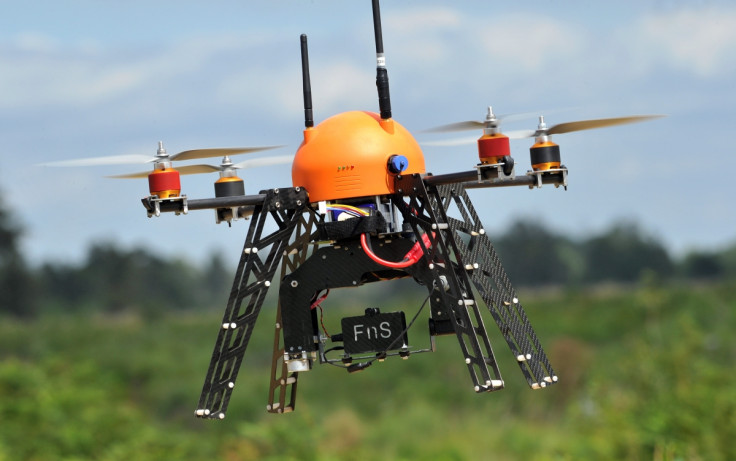Amazon's Drone Package Delivery Dreams Shot Down by New FAA Rules

If you were hoping to receive packages from Amazon delivered by unmanned flying helicopter drones, you can think again, at least in the US, as the Federal Aviation Administration (FAA) has placed a ban on it this week.
A court case in March led to a six-year-long ban being lifted on the commercial use of small drones, and two weeks ago the FAA finally authorised the first unmanned helicopter drone flight for commercial purposes in the US, allowing BP to survey pipelines and roads in Alaska.
While drone enthusiasts and companies interested in starting up drone-related businesses have been cheering, we must warn you that the FAA hasn't gone away.
No deliveries for a fee
In addition to appealing the initial court decision, the FAA has also released a document that seeks feedback from the public regarding drone policy, in particular relating to interpretation of the special rule for model aircraft.
According to the FAA, a model aircraft is not permitted to deliver packages "to people for a fee".
A footnote attached to this line neatly sums up what Amazon was trying to do with its PrimeAir service: "If an individual offers free shipping in association with a purchase or other offer, FAA would construe the shipping to be in furtherance of a business purpose, and thus, the operation would not fall within the statutory requirement of recreation or hobby purpose."
This means that QiuQiu, the chaps running a medical prescription drone delivery service in San Francisco, probably won't be allowed to run their business either.
No paid photography or commercial farming, either
Operators must also not use a drone to photograph a property and use the photos for a real estate listing, or to sell them to someone else.
Farmers are also not allowed to fly drones over their fields in order to determine whether crops need to be watered, if they are involved in a commercial farming operation.
You also can't charge money for getting your model aircraft to do any cool tricks in the air, which will probably crush the dreams of some teenaged boys.
All in all, the FAA is being quite a party pooper, but it says that it has a duty, as recognised by the US Congress, to protect the National Airspace System, and that these rules will help it to do that.
You can log on to the Regulations.gov website to comment on the FAA's rule document for model aircraft until 25 July.
© Copyright IBTimes 2025. All rights reserved.






















